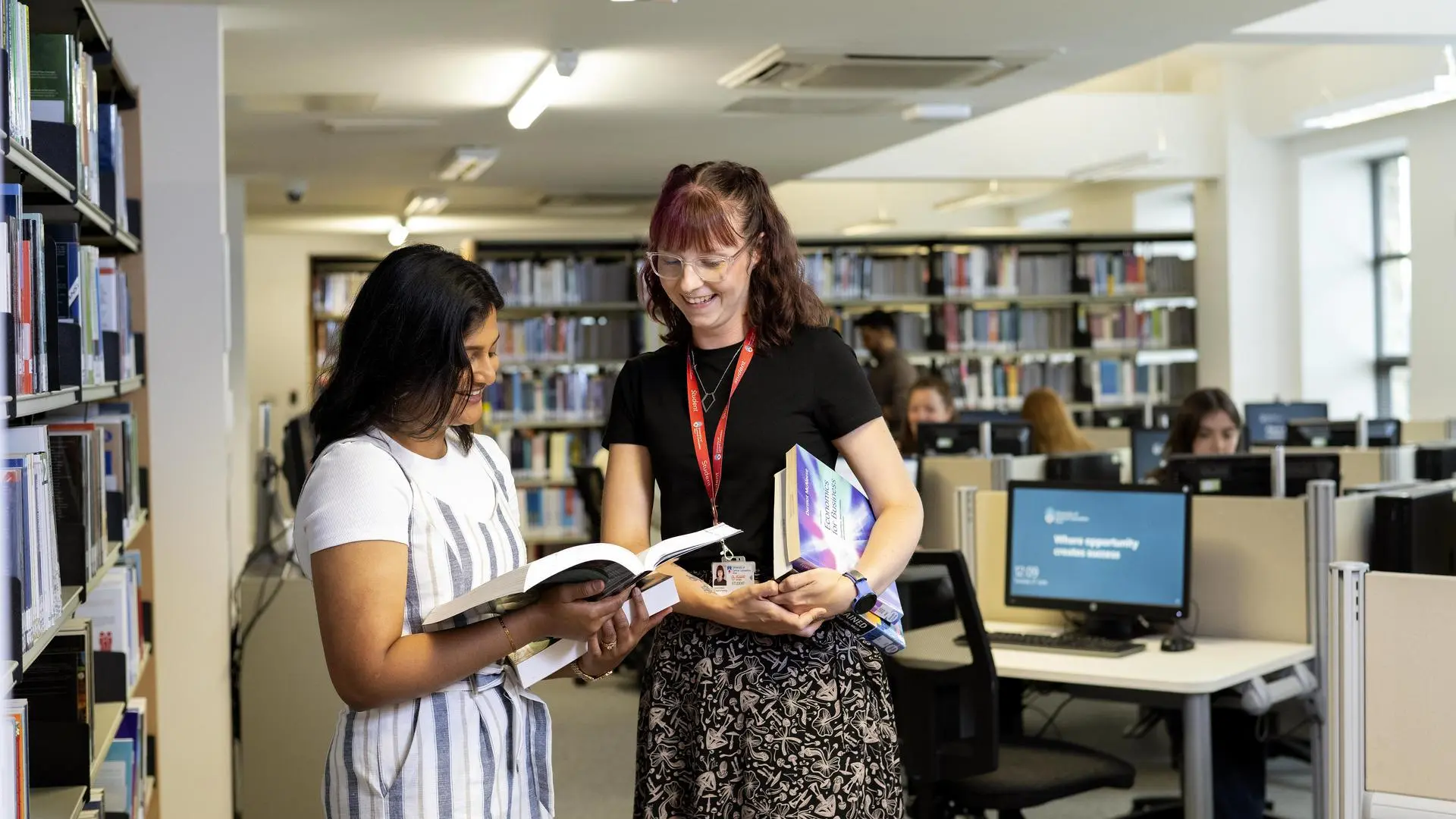A career as a librarian can be rewarding and allows you to explore your passion and help your local community.
There are many different types of roles when working as a librarian. There are opportunities to work in public libraries, university, college, school, or special (archive) libraries.
Read our guide on how to become a librarian:
Why become a librarian?
Working as a librarian can be an incredibly rewarding career. You’ll have the opportunity to work in literacy, whilst also helping others discover their love for books.
If you work in a public library, you’ll be able to work in your local community and support reading literacy by holding events, ordering stock, creating displays, and speaking to customers.
Working in a specialist or archival library means supporting the preservation of books for future generations and organising special collections.
"Most people think being a librarian is about having a love for books. It’s essential to the job, but it’s so much more! Working in a library is about sharing your love of books and learning, but also creating a space where people feel comfortable to be themselves."
— Emily
What skills do you need to become a librarian?
It’s important to do your research before you decide which type of library you would like to work in, but all librarians will need the following skills and experience.
How to become a librarian
There are three essential parts to starting your career as a librarian.
Who is CILIP?
The Chartered Institute of Library and Information Professionals (CILIP), also known as the library and information association, is the UK's leading voice in the library sector.
Being CILIP accredited will help you get a job as a librarian because there is professional recognition of its credibility in the sector.
You can also become a member with CILIP, which will connect you with a community of librarians across the UK. You can join a network which suits your interests or specialism as a librarian, such as:
- The Academic and Research Libraries Group
- The Community, Diversity, and Equality Group
- The Commercial, Legal, & Scientific Information Group
- CILIP's LGBTQ+ Network
- Black Asian and Minority Ethnic Network
Types of librarian
A community or school librarian may be your first thought when you think of a library, however, there are many different types of librarian. Librarianship can combine specialisms such as medicine, law, and history.
Here are some types of librarian you may not have heard of:
Salary and career progression of a librarian
| Career progression | Job title | Salary, per year |
|---|---|---|
|
Entry-level (Zero to three years) |
|
£23,798 to £25,136 (According to Jooble) |
|
Mid-level (Three to five years) |
|
£25,000 to £37,000 (According to Glassdoor) |
|
Senior-level (Over five years) |
|
£35,393, on average (According to Indeed) |
Top tips for becoming a librarian
If you’re interested in becoming a librarian, here are some top tips on how to get started:
Research the role
There are a variety of different librarian roles, so it’s important to do your research into which area you’d like to work in. You may also find it useful to look for current librarian jobs that are being advertised and compare your skills and experience against the job description. This will help you to identify any areas that you need to improve.
It’s also a good idea to visit your local library to understand what they offer and the type of service they provide. This knowledge will help you in interviews by demonstrating your understanding of libraries as a customer.
Speak to a librarian
If you’re interested in becoming a librarian, speak to your local librarian. They will be able to provide you with information on what the role entrails and answer any other questions you may have about the role.
Develop your skills
There are fantastic courses that you can take to help improve your understanding and knowledge. These courses can help you with areas you may need to improve on such as communication or organisational skills.
Consider becoming a member of the Chartered Institute of Library and Information Professionals. They offer courses in librarianship which will stand you in great stead when applying for a librarian position.
Where next?
- Subject
English
